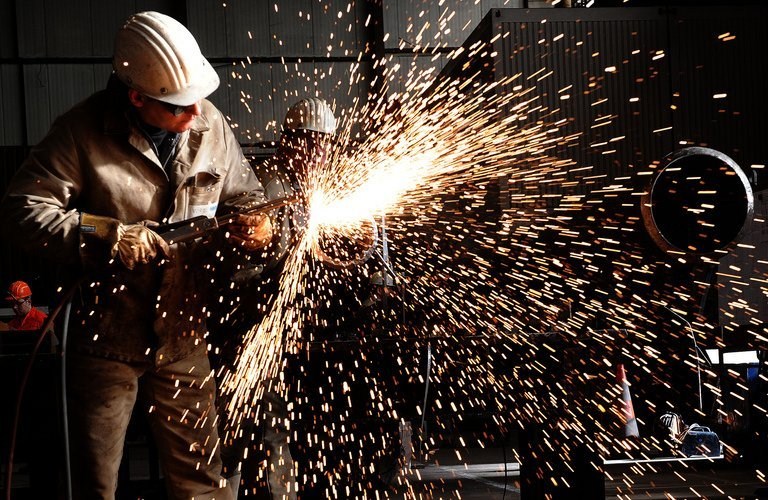
(AFP FILE PHOTO / MAHMUD HAMS)
Egyptian authorities have once again closed the Rafah border crossing, after a three-day opening in the direction of Gaza earlier this week.
The crossing, a main lifeline for Palestinians in Gaza, was previously completely shut off since early March.
According to Khalil Shaheed, the director of the economic and social rights unit at the Palestinian Centre for Human Rights, life in Gaza becomes “almost completely” paralysed when the crossing is closed. This was the first time authorities had opened the crossing since 10 March, he said.
He added that the crossing is especially important for students and people who are in dire need of medical care.
Mohammed Matter, an activist and co-founder of the group Gaza Youth Breaks Out said: “To Gazans, the Rafah crossing is the point where the future looks blurry. It is the point where patients feel double the pain and students see no further than its gate.”
Shaheed added that the Erez and Kerem Shalom crossings with Israel are permanently closed, and there is therefore more dependence on the Rafah crossing. When it is closed, “there is no way for any Palestinian to get out of Gaza”, he said.
Egyptian state-media reported that over 1,400 Palestinians crossed from Egypt into Gaza over the three-day period. In addition, approximately 3,000 tonnes of construction material entered the strip. The situation inside Gaza “has been catastrophic since the last Israeli attacks on the strip”, Shaheed said, adding that over 100,000 Palestinians have had their homes destroyed since last August.
Israel killed over 2,000 Palestinians in “Operation Protective Edge” in the summer of 2014. It also severely damaged Gaza’s infrastructure, including schools and hospitals.
With the closure of all crossings, rebuilding homes and infrastructure has been increasingly difficult, Shaheed said.
The Egyptian military has repeatedly evacuated the area of homes and destroyed tunnels to maintain a “buffer zone” between Egypt and Gaza.
“This gate isn’t only a border. It’s a turning point in the relations between the Palestinian and Egyptian people. Gaza is not Hamas and Hamas is not Gaza,” Matter said adding that Egypt’s claim that it is closing the Rafah crossing for security reasons “is not valid since the route between the Rafah crossing and Cairo is away from the conflict zone in northern Sinai”.



